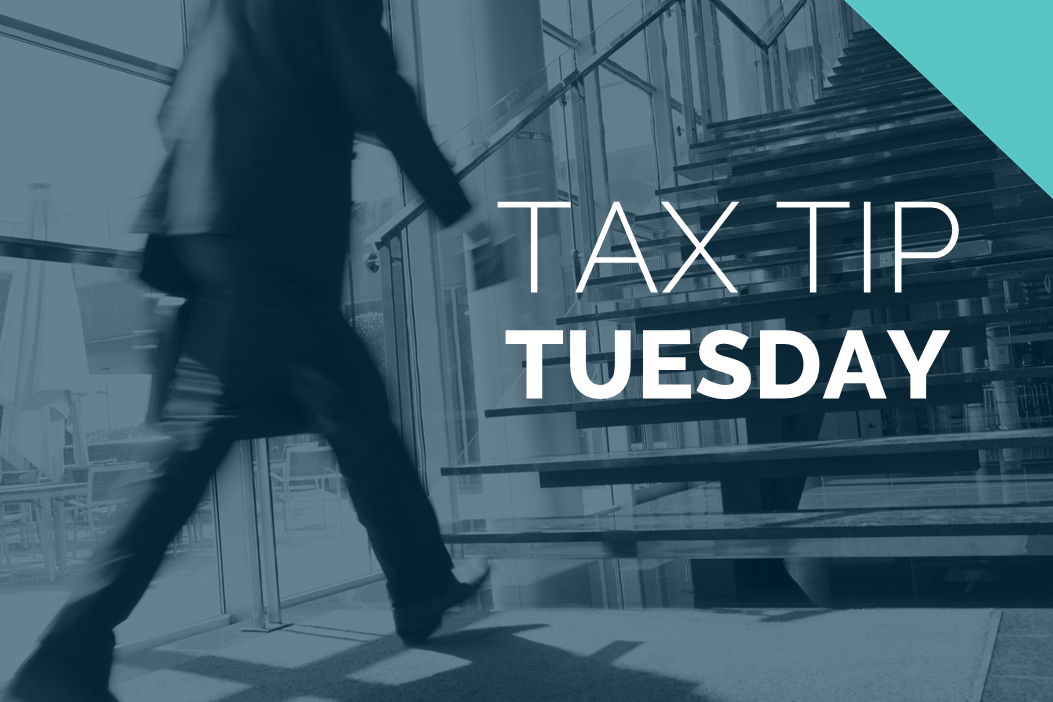Effective May 21, 2023, P&N has joined EisnerAmper. Read the full announcement here.

Despite initial beach and vacation rental closures at the beginning of the COVID-19 pandemic, some tourism markets quickly rebounded over the summer. Many families took advantage of vacation homes for their post-lockdown getaways, particularly since a household trip to a mountain cabin or a private beach may have been the safest option this year. For vacation homeowners, it’s important to know the tax implications of owning the property.
The main factor in determining how vacation rental income and loss is treated for tax purposes involves comparing days the property was rented out versus days the property was utilized for personal use. Importantly, a vacation rental will be deemed to have been utilized for personal use even if the owner is not present on the property. Specifically, a vacation home will also be considered as utilized for personal use when family members, such as siblings, spouses, parents, grandparents, children, and grandchildren occupy the property. In addition, a day will be considered for personal use if occupied by renters who pay less than fair rental value and any days which are utilized under a home-exchange arrangement. Finally, however, any time spent repairing or maintaining the home do not count as personal use days even if family members utilize the property for recreation on the same day.
If it is rented for fewer than 15 days throughout the year, the property is not considered a rental property.
Based on the above rules in determining whether the property is rented or utilized for personal use, a taxpayer can then determine the taxability of any rental income. For example, if the property is rented for fewer than 15 days throughout the year, the property is not considered a rental property and the income does not have to be reported on the owner’s tax return. Since the rental income will not be included in the taxpayer’s income, any depreciation or operating expenses cannot be deducted. Importantly, however, any mortgage interest and property taxes, subject to mortgage interest and state and local tax limitations, are allowed as itemized deductions.
In contrast, if the property is rented for 15 or more days, all income received must be recognized. Fortunately, the taxpayer will be able to deduct depreciation and operating expenses as well as deducting mortgage interest and property taxes as rental expenses rather than as itemized deductions. Taxpayers will need to prorate the expenses to the extent of the number of days rented by the total number of days used.
Another wrinkle in the taxability of vacation home rentals is whether the home qualifies as a personal residence. Specifically, a property is considered a personal residence when personal use days exceed the greater of (1) 14 days or (2) 10% of total rental days. When a property is classified as a personal residence, a loss cannot be taken if expenses exceed income. Rather, the taxpayer would report net income of $0 for the year and carry forward any additional losses to future years. If a property is not considered a personal residence based on the above test, then the property is allowed to show a passive loss when expenses exceed income and potentially offset other passive income. These passive losses will be subject to at-risk limitations and other complex passive income and loss rules. If the property is sold before offsetting other passive income, any accrued losses may be utilized in the year of the sale.
Navigating the complexity of tax strategy for rental property can leave you in need of another vacation. We can help. Contact your P&N tax advisor to discuss how to make the most of your situation.



